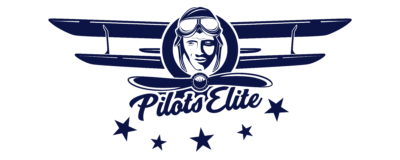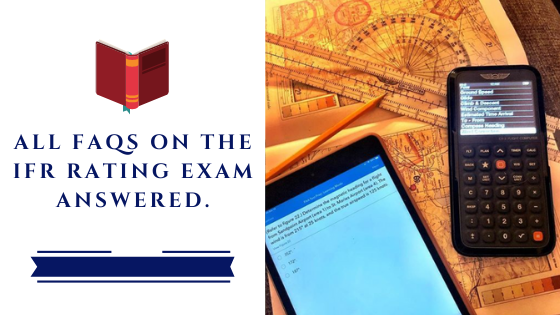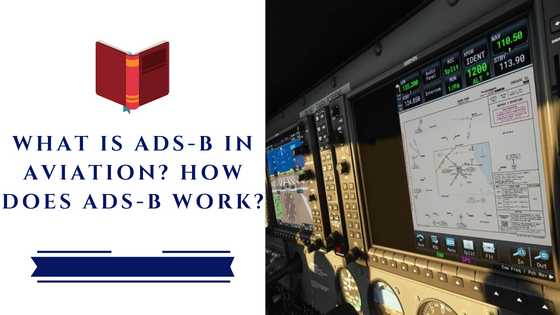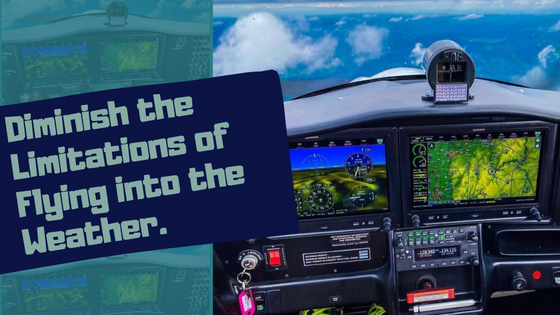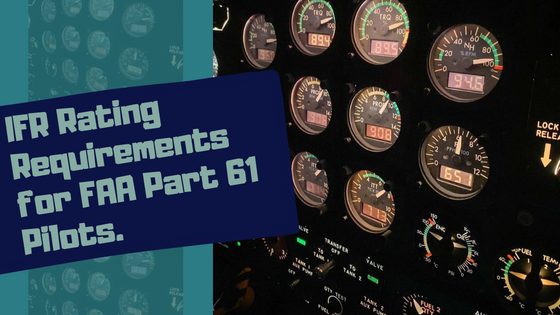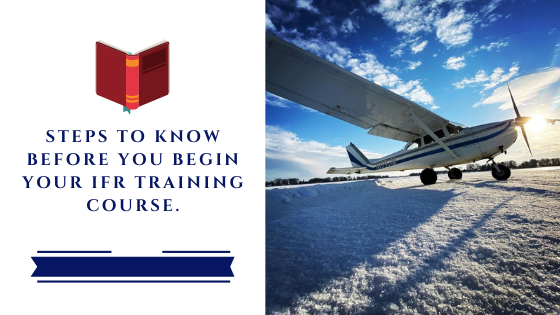How long does it take to get an instrument rating?
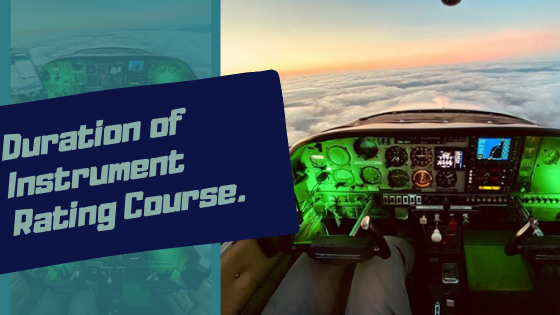
A private pilot can get an instrument rating as quickly as two weeks or take a year to complete instrument training.
Various factors impact the instrument course duration. Unlike private pilot training, the weather is not delaying IFR training.
So what aspects may delay your IFR rating, and how long does it take to get an instrument rating?
You can begin your instrument rating training immediately after getting your private pilot license, and once you start your IFR training, consider these factors to accomplish your instrument rating requirements sooner:
- The 50 Hours cross country PIC requirement for IFR;
- Your independent progress;
- Comprehending instrument ground school and passing the instrument written test;
- A veteran instrument flight instructor can contribute to your achievement.
Individuals can get their instrument rating in two weeks if they take an accelerated instrument course. The usual instrument rating course takes around two to three months. However, a trainee pilot can delay their instrument training and take up to two years to complete the course.
I will explain the impacting factors further in this article and how to avoid delay.
The 50 Hours of cross-country PIC requirement can delay obtaining your instrument rating.
A private pilot must have at least 50 hours of PIC cross-country time before applying for an instrument rating.
Most IFR-rating trainees are unaware of this FAA requirement initially.
Pilots fly 40 hours of instrument flight, yet they can’t apply for an instrument rating. That’s when they notice this requirement 50 hours PIC requirement.
Pilots should plan their aviation goals from the first day of their flight training.
Private pilots without a plan progressing toward instrument rating will be surprised by the 50 hours of PIC requirement.
You must wisely plan your flights during private pilot training to obtain an instrument rating.
Even with a plan, you can’t fulfill the 50 hours of PIC cross-country requirement during private pilot training. But you will not spend more money by having a plan.
The flying 40 hours of IFR flight duration may not take long, but if you find out later that you lack the 50 hours of cross-country PIC, it will delay your instrument flight training.
I recommend private pilots fly cross-country for 50 hours before beginning the IFR training. That way, it will be much easier to focus only on instrument rating requirements later and obtain an IFR rating sooner.
Your independent progress can alter the usual course duration.
Independent progress matters a lot to complete the IFR course sooner.
Aeronautical knowledge consists of much information on various subjects, and during instrument rating ground classes, you will learn each topic in-depth.
The information is overwhelming for many and results in poor performance of pilots in actual flights.
Failure to follow the ATC instructions and poor flight performance will hinder your IFR course duration.
Displeased CFII may request more practice than the required IFR for forty hours.
Indeed forty hours of instrument flight training is adequate to become proficient in instrument flight. To achieve proficiency in the shortest time, a private pilot must educate and practice instrument flying using a flight simulator at home.
Studying will boost your confidence, and you can promptly progress through the FAA’s forty hours requirements.
Not having confidence in instrument flight will naturally result in reduced performance. With reduced performance, your spirit will worsen and delay your instrument rating course process.
At such a stage, it is best to take a break, return to theory studies for a while, and get back to instrument flying confidently.
RELATED: How to study for instrument rating?
Comprehending the ground school and passing the written test.
Quite similar to my earlier mention. If you are a private pilot with forty hours of instrument flight training, you are ready to apply for an instrument rating.
But you may be excellent in actual IFR flight, but are you confident enough to take the theory test?
The theory test will have questions on various subjects, and you will have to complete the test in a limited time.
Passing the test for someone with knowledge is truly simple. Yet, a pilot must practice taking the instrument test using available online test preps.
Online test preps prepare student pilots for the FAA written test.
The situation would be worse for a private pilot if he did not study adequately for the theory test.
Preparing for the instrument-written test requires studying at home and practicing using test prep.
Failing the written exam will cost you more money. You can retake the exam, but certainly, you will waste time. You can only get an instrument rating once you pass the instrument-written test.
Now it depends on you how you want to take the exam.
Are you willing to study and pass the written test during the first take or fail the first time and then procrastinate for six months to retake it?
Either way, studying at home and preparing for an instrument rating knowledge test is crucial. You will save time, money, and energy.
With the overwhelming information in instrument ground training, I can tell it is not always easy for private pilots to grasp everything in the ground classes.
It becomes essential to self-study and prepares well. I recommend taking the instrument written test before you begin instrument rating training.
RELATED: Top Instrument Rating ground classes online.
Having a friendly CFII can impact the IFR course duration.
A certified instrument flight instructor instrument can also impact the length of the IFR course duration.
Imagine if you fly with an unfriendly instructor and expect to show instrument flying skills all by yourself.
What will you do on the flight? Well, I can say you will not learn anything.
A good flight instructor is friendly and shares their knowledge as much as possible.
You don’t always need to fly with a veteran flight instructor. There are many young, knowledgeable instructors. Choose a better flight instructor, and you will notice how quickly you learn instrument flying and improve at each flight.
Good flight instructors will teach you essential materials and tips for safe instrument flight operations.
Unfriendly flight instructors don’t teach adequately, and your training flights will be shoddy.
As a result, you will lose interest in IFR flying and delay your flight training. It would also help to focus on learning the necessary instrument flying materials.
If you don’t like your assigned flight instructor, request your flight school to have a different instructor on your next flight.
Finally, I want to add more about accelerated instrument courses available for an Instrument rating.
Is it worth having an accelerated instrument rating course over conventional instrument training?
If you are hurrying to get your Instrument rating, go for accelerated instrument courses.
Accelerated instrument courses are worth your money as the flight instructors are veterans. They are knowledgeable and charge a bit higher hourly rate. Having the time, money, and dedication to get your IFR rating quickly is ingenious.
However, if you fail to grasp all the knowledge and don’t have the time to study at home for IFR within a fortnight, then the accelerated instrument training is not for you.
I suggest you choose the conventional instrument rating training path if you believe two weeks is too quick for you to become proficient in instrument flying.
